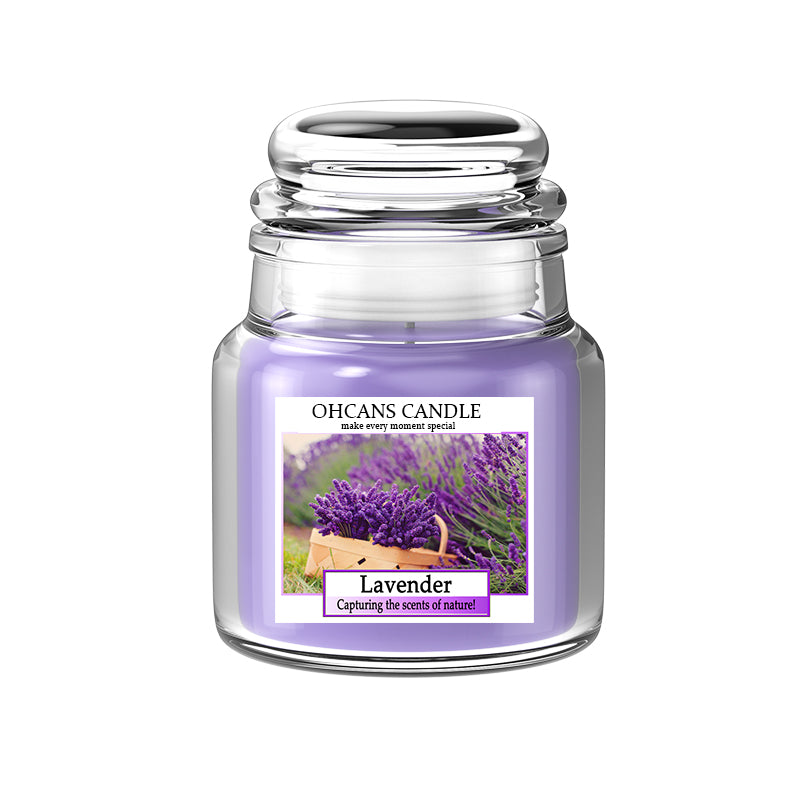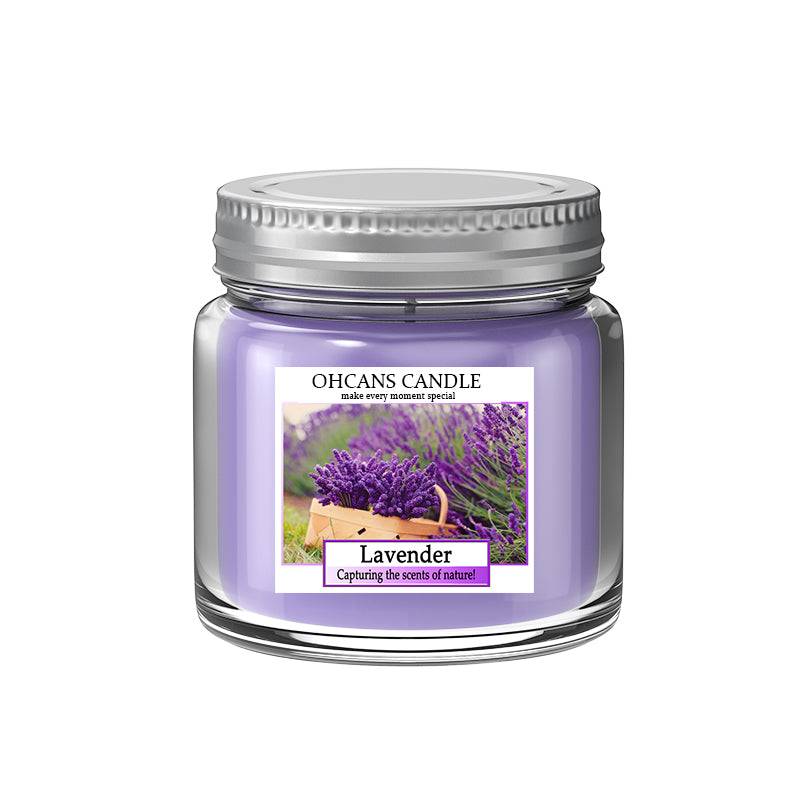What Are Seed Oils?Is Olive Oil A Seed Oil?
What Is A Seed Oil?
Seed oil is an all inclusive term for a variety of oils which are often vegetable and plant based. In essence, it is the original purified oil come out of oil-rich seeds when they are pressed and processed. Seed oil are a good source of essential nutrients such as Omega3 and Omega 6. They are critical fatty acids that can not be eaily generated by our own body.Some common examples of seed oils are canola, soybean, corn, cottonseed, grapeseed, safflower, sunflower, and peanut oils.
The Benefits Of Seed Oils
The Role Of Saturated Fat In Seed Oil
Omega 3 and Omega 6 play an important role in the brain function and normal growth of our human body. Seed oils are a direct and natural source of fatty acids. Sufficient and balanced intake of such fatty acids can significantly reduce the chances of heart disease. If you are still debating which seed oils to buy from supermarket for cooking, give flaxseed oil a try. Flaxseed Oil contain 2,350mg serving of Omega 3 and Omega 6, which makes it the most nutritious packed oil. There are scientific studies proven people with diabetes have experienced reduced inflammation and lowered blood sugar levels.

What Are Some Seed Oils?
Canola Oil :
Made from canola seeds, or rapeseeds. It has a neutral flavor profile.
Flaxseed Oil:
Extracted from flaxseeds Rich in alpha-linolenic acid (omega-3) Strong, nutty flavor Added to foods for nutritional value not cooking
Grapeseed Oil:
Byproduct of wine making using grape seeds Very mild flavor, light color High smoke point so often used for frying and sautéing.
Soybean Oil: Derived from soybeans Very neutral flavored, inexpensive oil
Is Olive Oil A Seed Oil?
There are several key differences between oilve oil and seed oil. From the most obvious, Olive oil is fruit oil derived from the pulp and nut of olive fruit. Furthermore, Olive oil contain monsaturated fat whreas seed oils on the other hand, contain polysaturated fat. Monosaturated fat are tipically responsible for maintaining the health of our body cells. Polysaturated fact such as Omega 3 and Omega 6 are responsible for maintaining healthy blood sugars. Olive oil is often cold pressed or crude oil in its extracting process while seed oil are often high refined. Because most seed oils such as sunflower oils are high refined, it offers seed oil a longer shelf live compre to oilve oil. Olive oil should be use fresh, which means ideally 3~6 month after first opening.
The Benefit Of Oilve Oil In Mediterranean Diet
The Mediterranean diet prominently features olive oil and is associated with reduced risk of chronic diseases. Research shows the monounsaturated fats in olive oil play a key role by supporting cardiovascular health through improved cholesterol levels and reduced inflammation. Additionally, the overall balanced eating pattern of the Mediterranean diet, emphasizing plant foods, fish, poultry, and olive oil aligns with dietary guidelines for optimal health. Incorporating olive oil into a Mediterranean-style diet provides important health advantages.

The Benefit Of Olive Oils For Heart Health
The monounsaturated fats present in olive oil play a significant role in promoting heart health by helping to lower levels of LDL cholesterol, which is known as the "bad" cholesterol. Additionally, the antioxidants found in olive oil, such as vitamin E and phenolic compounds, contribute to its ability to combat inflammation and support cardiovascular well-being. Simply put, Olive oils is a form of unsaturated fat which mean it is low in in calories. It automatically lowers our cholesterol level and maintains a healthy weight.
Embracing The Beauty Of Cooking Oils
When choosing cooking oils, appreciate that not all are equal. While versatile seed oils have culinary uses, olive oil stands apart for health. Its distinctive monounsaturated fats and antioxidants uniquely benefit the cardiovascular system. In fact, traces of olive oil were found in clay vessels dating back 8,000 years - making olive oil one of humanity’s longest-used foods. Today, incorporating quality extra virgin olive oil continues to enhance diet, lifestyle, and wellbeing. So for both history and health - olive oil deserves special recognition among oils.




Leave a comment